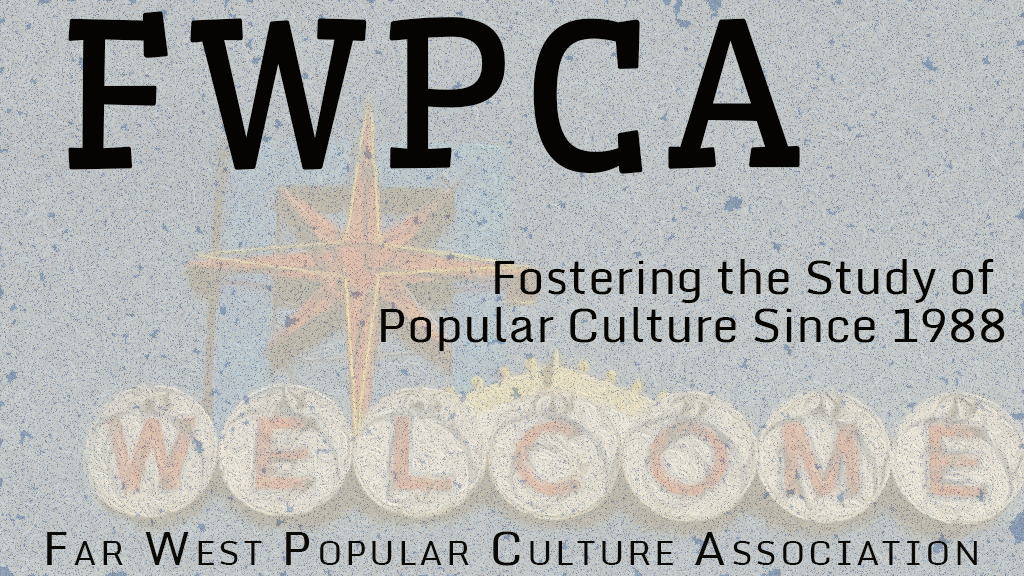Presentation Type
Video
Abstract
In this paper, I look at various modes of imagining the futures incarnated by the First World War, beginning with artists and writers, like Ernst Ludwig Kirchner and Erich Maria Remarque, who experienced and depicted the war from a firsthand point of view. From here, I expand that framework to include J.R.R. Tolkien, whose masterpiece Lord of the Rings may owe no small debt to his wartime experiences. I consider the Doctor Who episodes, “Human Nature” and “Family of Blood,” as contemporary attempts to reinsert WWI into the cultural consciousness. Finally, I look at the two versions of War Horse and consider how their change in narrative style and structure impacts audiences’ understanding of the significance of the presented events.
I argue that WWI, while often overlooked in popular culture production, actually offers a fascinating lens to making sense of how we became modern and thus how we understand ourselves as human. Therefore, retelling stories of the Great War provides an opportunity to consider the reflexivity of that understanding of our humanity: how we capture and represent who we were can tell us a great deal about who we actually are.
Keywords
World War I; Literature/Drama; Modernism; Television/Film
Included in
American Popular Culture Commons, Dramatic Literature, Criticism and Theory Commons, European History Commons, Other Film and Media Studies Commons, Television Commons
The Imagined Histories and Futures of the Past: WWI and the Cultural Imagination
In this paper, I look at various modes of imagining the futures incarnated by the First World War, beginning with artists and writers, like Ernst Ludwig Kirchner and Erich Maria Remarque, who experienced and depicted the war from a firsthand point of view. From here, I expand that framework to include J.R.R. Tolkien, whose masterpiece Lord of the Rings may owe no small debt to his wartime experiences. I consider the Doctor Who episodes, “Human Nature” and “Family of Blood,” as contemporary attempts to reinsert WWI into the cultural consciousness. Finally, I look at the two versions of War Horse and consider how their change in narrative style and structure impacts audiences’ understanding of the significance of the presented events.
I argue that WWI, while often overlooked in popular culture production, actually offers a fascinating lens to making sense of how we became modern and thus how we understand ourselves as human. Therefore, retelling stories of the Great War provides an opportunity to consider the reflexivity of that understanding of our humanity: how we capture and represent who we were can tell us a great deal about who we actually are.



Comments
https://www.youtube.com/watch?v=BOl0TfNVASc